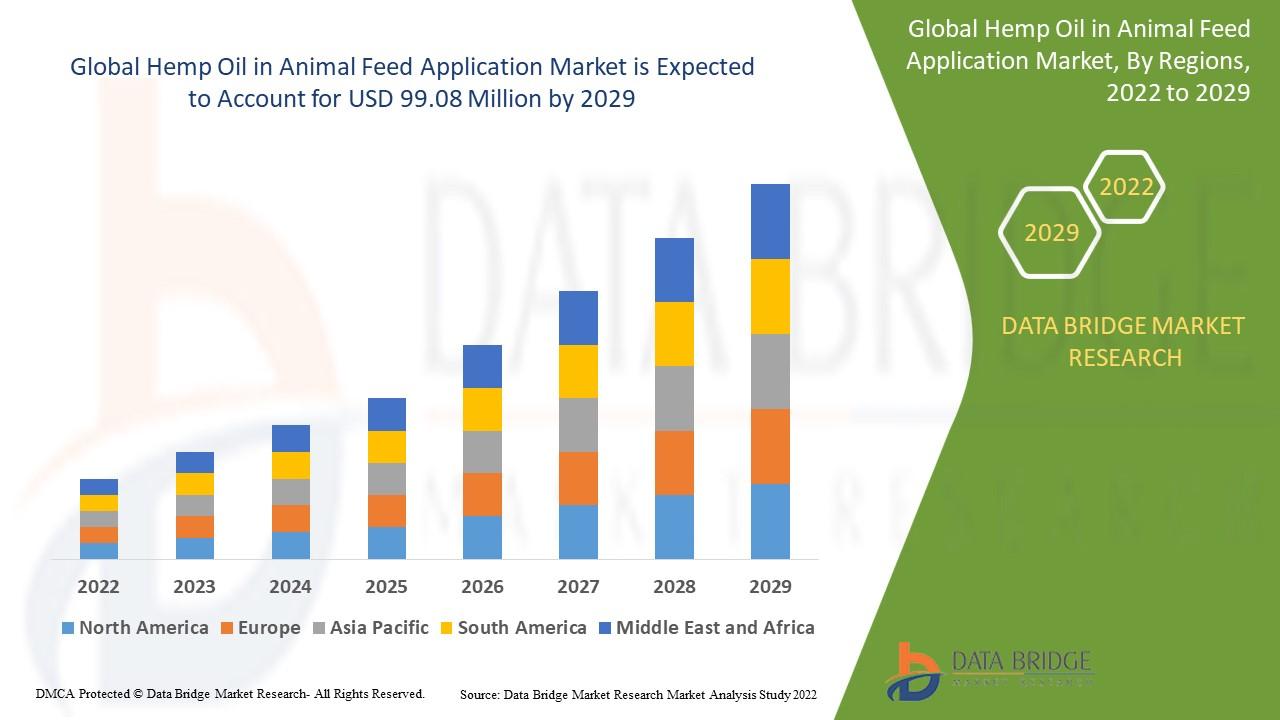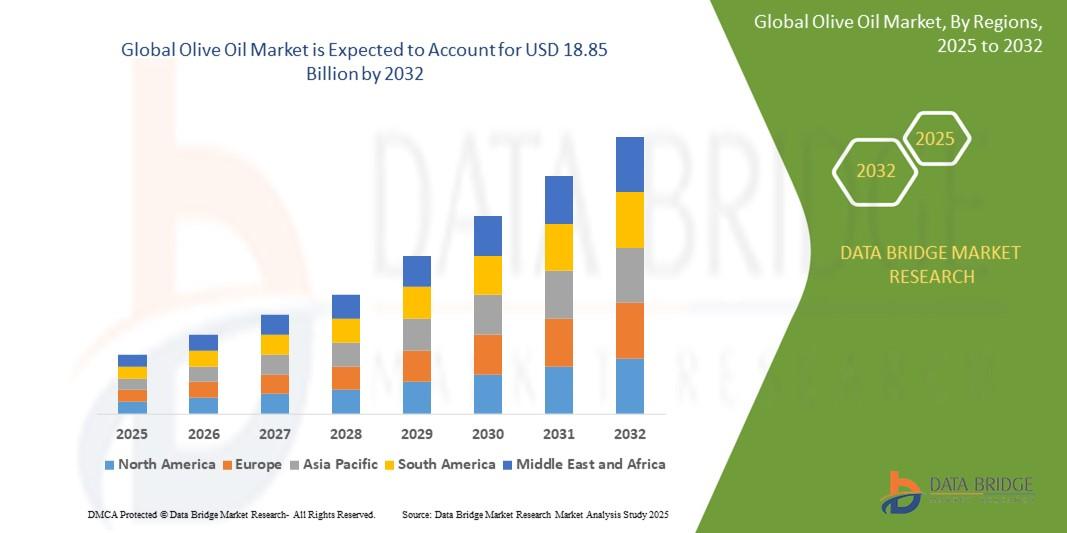Plastic Waste Management Market Analysis Comprehensive Overview of Industry Dynamics
A detailed Plastic Waste Management Market Analysis provides insights into the trends, challenges, and opportunities shaping the industry. Analysts note that the shift towards a circular economy is a significant driver of market dynamics, as businesses and governments seek to minimize waste and maximize resource efficiency. The analysis highlights the importance of recycling and reprocessing industries in transforming plastic waste into valuable resources. Additionally, the study emphasizes the need for improved plastic waste segregation systems to enhance recycling rates and reduce contamination. Understanding these factors is essential for stakeholders looking to navigate the complexities of the plastic waste management landscape effectively.
Plastic has become an indispensable part of modern life, from packaging and electronics to medical devices and automotive components. Its convenience and versatility have fueled an unprecedented rise in plastic production, resulting in mounting environmental concerns. The plastic waste management market has emerged as a critical sector to address these challenges, offering sustainable solutions to curb plastic pollution. Effective plastic waste management not only safeguards ecosystems but also opens lucrative opportunities for industries involved in collection, recycling, and innovative disposal technologies.
Current Scenario of Plastic Waste
The world produces millions of tons of plastic annually, a significant portion of which ends up in landfills, rivers, and oceans. Improper disposal methods lead to environmental degradation, harming wildlife and entering the human food chain through microplastics. Rapid urbanization, growing consumer demand for packaged products, and limited recycling infrastructure in many regions exacerbate the issue. Governments, environmental organizations, and private companies are increasingly emphasizing structured plastic waste management to minimize the ecological footprint of plastic consumption. This urgency has paved the way for the growth of a dynamic plastic waste management market globally.
Market Drivers and Growth Factors
Several factors are propelling the growth of the plastic waste management market. Rising awareness of environmental sustainability is a significant driver, prompting both regulatory interventions and corporate social responsibility initiatives. Stringent government regulations on single-use plastics and mandates for recycling are compelling businesses to adopt advanced waste management practices. Technological advancements in recycling processes, such as chemical recycling, pyrolysis, and automated sorting systems, are further fueling market expansion. Additionally, the increasing adoption of circular economy models encourages the reprocessing of plastic waste into raw materials for new products, boosting demand for efficient management solutions.
Key Segments in Plastic Waste Management
The plastic waste management market can be broadly categorized into collection, recycling, and disposal services. Collection services involve organized efforts to gather plastic waste from households, industries, and commercial establishments. Recycling services focus on converting plastic waste into reusable materials through mechanical or chemical processes. Disposal services handle the treatment and safe elimination of non-recyclable plastics, employing methods such as incineration or landfilling. Each segment presents unique growth opportunities. For instance, mechanical recycling is widely used due to its cost-effectiveness, whereas chemical recycling is gaining traction for handling mixed or contaminated plastics.
Technological Innovations Shaping the Market
Innovation is a cornerstone of the plastic waste management market. Advanced sorting technologies using artificial intelligence, robotics, and near-infrared spectroscopy have significantly enhanced recycling efficiency. These technologies can identify and separate plastics based on type, color, and polymer composition, reducing contamination and improving product quality. Furthermore, biodegradable plastics and additives that promote easier recycling are gaining attention, aligning with the global shift toward sustainable materials. The integration of digital monitoring tools and smart waste management systems is also optimizing collection routes, reducing operational costs, and ensuring timely processing of plastic waste.
Regional Insights and Market Dynamics
The plastic waste management market exhibits varied dynamics across regions. North America and Europe are leading due to stringent environmental regulations, higher consumer awareness, and well-established recycling infrastructure. Asia-Pacific, particularly countries like China and India, is witnessing rapid growth driven by escalating plastic production, urbanization, and government initiatives for waste management. Latin America and the Middle East are emerging markets with untapped potential, where increasing awareness and investments in waste management infrastructure are expected to fuel market expansion. The market’s regional diversity highlights the need for tailored strategies that consider local regulations, waste generation patterns, and infrastructure capabilities.
Challenges and Barriers
Despite significant opportunities, the plastic waste management market faces several challenges. High initial investment costs for advanced recycling facilities, lack of standardized recycling practices, and limited consumer participation in proper disposal remain obstacles. Contamination of plastic waste streams reduces recycling efficiency, while fluctuating prices of recycled plastics impact market profitability. Additionally, certain regions struggle with inadequate waste collection systems, resulting in large amounts of plastic ending up in landfills or water bodies. Addressing these challenges requires collaborative efforts from governments, businesses, and communities to implement effective policies and promote awareness campaigns.
Future Outlook and Opportunities
The future of the plastic waste management market is promising, driven by innovation, regulatory support, and societal demand for sustainability. Emerging technologies such as chemical recycling, waste-to-energy conversion, and biodegradable materials are expected to revolutionize the industry. Strategic partnerships between governments, private companies, and research institutions can accelerate the adoption of advanced waste management solutions. Investment in infrastructure, public-private collaborations, and circular economy initiatives will likely shape the market’s trajectory. Moreover, increasing consumer preference for eco-friendly products and responsible disposal practices will continue to drive demand for efficient plastic waste management systems.
Conclusion
The plastic waste management market is at the forefront of addressing one of the most pressing environmental challenges of our time. With the world generating ever-increasing amounts of plastic waste, the demand for innovative, efficient, and sustainable solutions is more critical than ever. While challenges such as infrastructure limitations, contamination, and investment costs exist, the market’s growth potential remains significant. By embracing technological innovation, fostering regulatory support, and promoting consumer awareness, stakeholders can transform plastic waste from an environmental burden into a valuable resource, ultimately contributing to a cleaner, more sustainable future.








